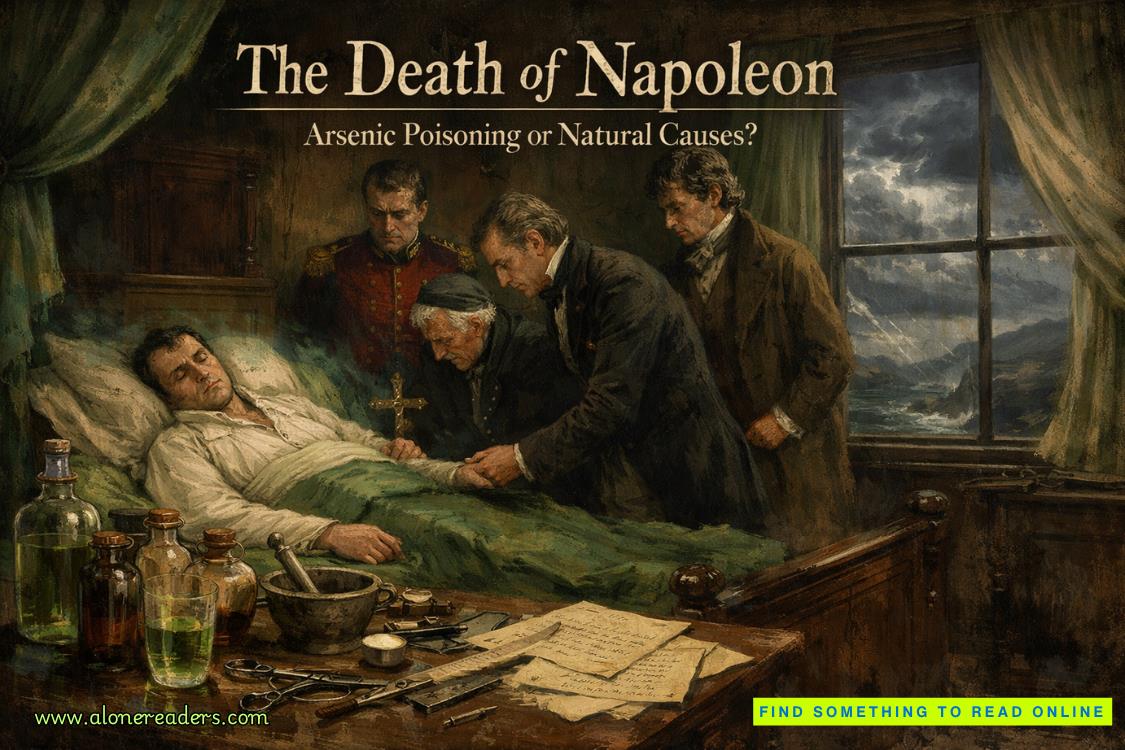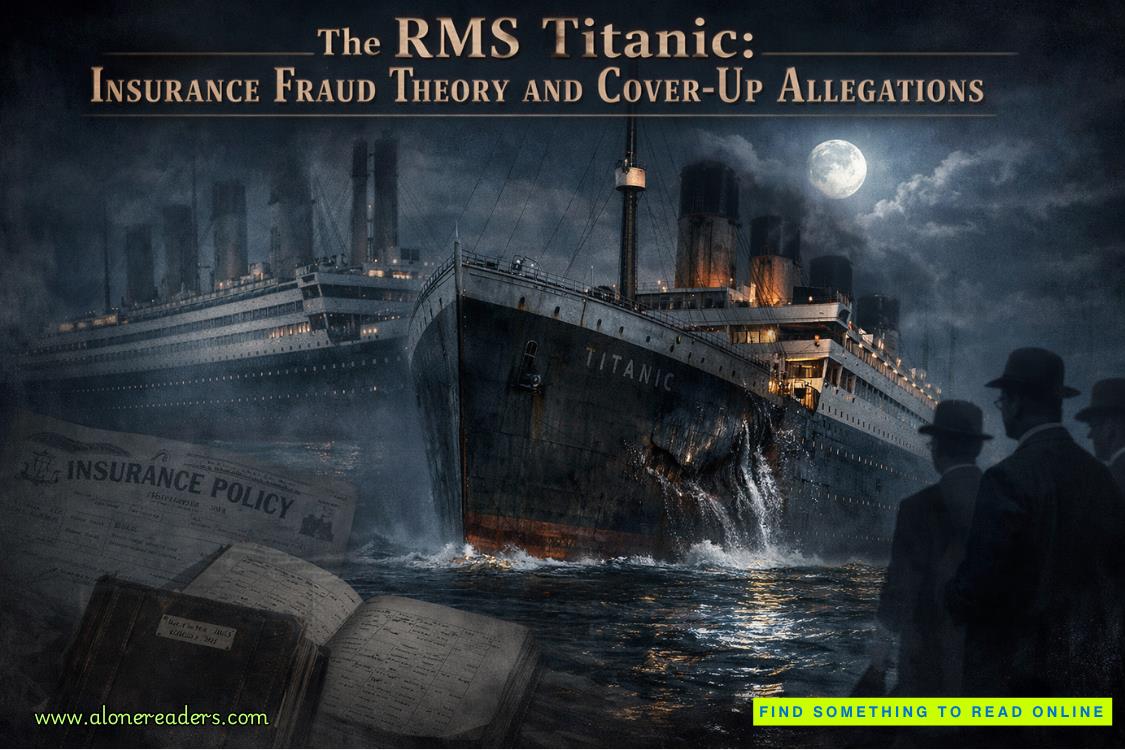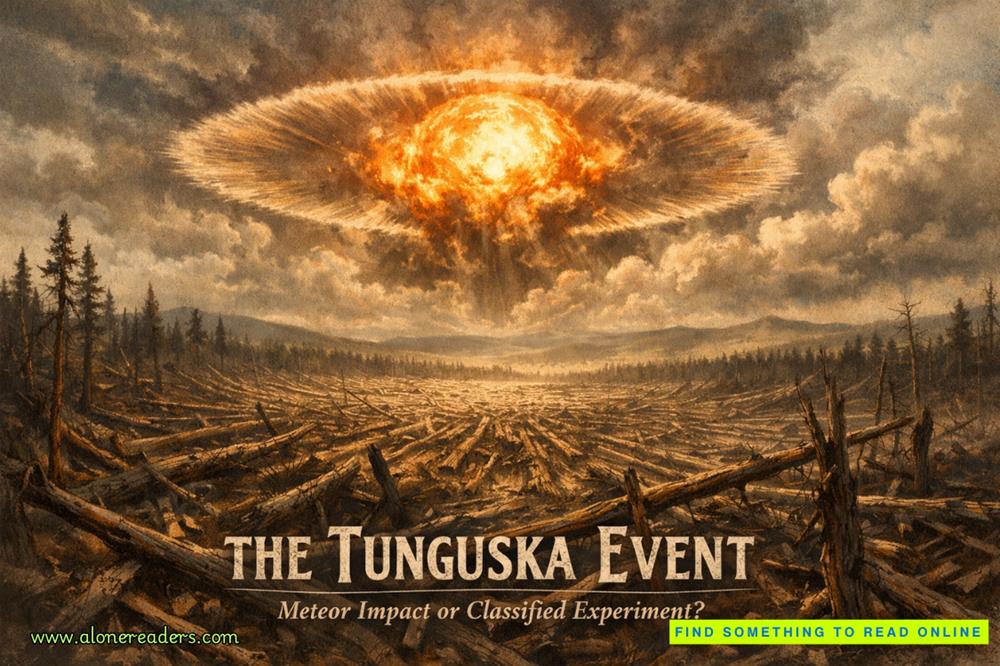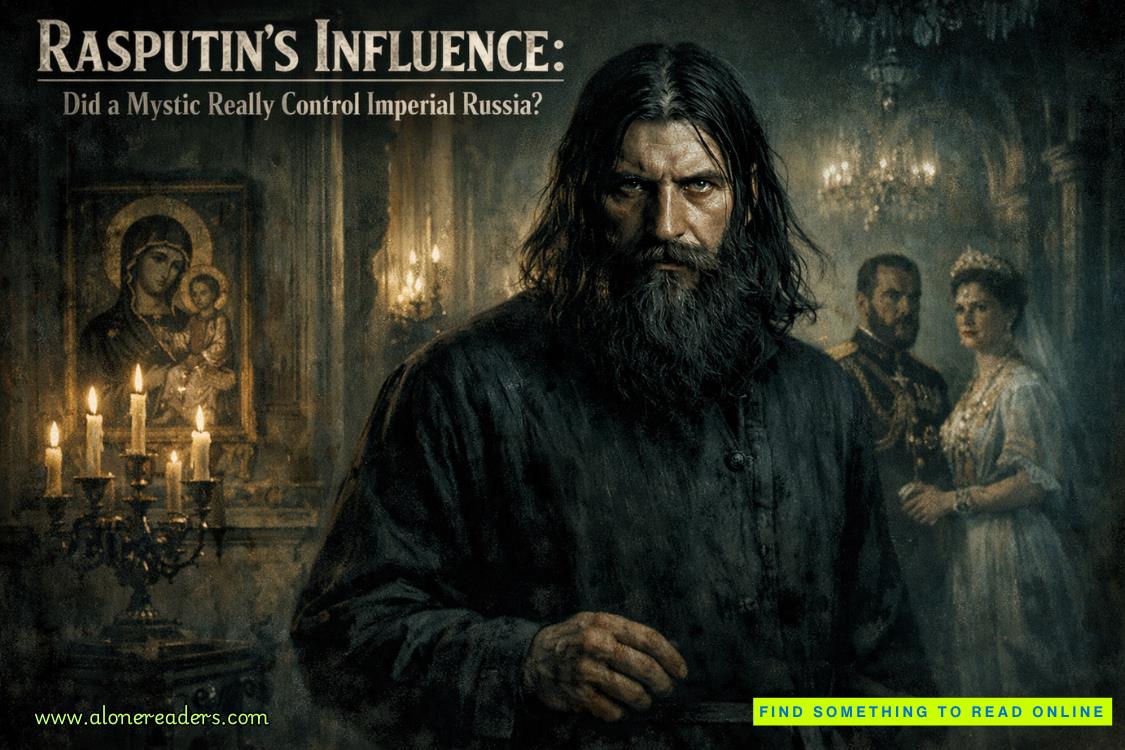Sparrow snorted, and even Thomas smirked.
Only then did the train begin to slow, as the outskirts of Hungary came into view.
8
Thomas
Thetrainscreechedintothe station with a sudden lurch that jolted Egret out of his half doze. Somewhere outside our compartment, metal groaned and hissed, and the familiar rhythm of the wheels over tracks gave way to the silence of expectation.
We’d reached the border.
My stomach tightened, even as I forced my face to remain impassive. In our line of work, fear was just another flavor of preparation. You could feel it, acknowledge it, butneverlet it show.
Across from me, Will stirred, blinking blearily. Sparrow straightened in her seat, her hands folded in her lap. Egret, of course, had the gall to close his eyes again. More likely, he was pretending to sleep, judging by the way his foot began to tap.
“Wake him up,” I muttered to Will. “Now.”
Will leaned across the small table between us and nudged Egret’s leg with his boot. “Rise and shine, Professor Weiss. The border’s come to greet us.”
Egret groaned but sat up, rubbing his face. “Ah, the warm Hungarian welcome I’ve always dreamed of.”
I shot him a look. Not now.
Outside the compartment, we heard the heavy thud of boots and the bark of clipped Hungarian voices as officials moved from car to car. Orders being given. Papers requested. The distant grumble of dogs.
My pulse quickened.
I leaned toward the door, listening to the cadence of conversation. Slower Hungarian at first, then a flurry of Russian. This wasn’t the local border police. Soviet observers were onboard.
Wonderful.
I turned to the others, keeping my voice low and tight. “You know your jobs. We are a scientific delegation. We have diplomatic clearance. Stick to your cover withnoimprovisation unless absolutely necessary. And for God’s sake”—my eyes flicked to Egret—“don’t be clever.”
Egret held up his hands. “Perish the thought.”
Will blinked a few times in my direction. “You’re wound tighter than your tie.”
“That’s because I’m the one they’ll shoot first,” I murmured. “Let’s not give them a reason to pull the trigger.”
There was a knock—sharp and imposing.
I stood and slid the compartment door open.
Two Hungarian border guards flanked a single Soviet officer—his uniform crisp, insignia gleaming, eyes cold and assessing. I clocked the pistol holstered at his side, the red star on his hat, the familiarity in his stance. He wasn’t just a bureaucrat; he was GRU, maybe KGB. With all the shifting sands within the Soviet hierarchy, it was hard to say which. He was dangerous, nonetheless.
“Papers,” the Soviet said in Russian. His tone wasn’t aggressive, but there was no warmth.
I gave him a polite smile and handed over our neatly organized folder containing diplomatic credentials, transit visas, and letters from our supposed ministries of science and trade. All were forged, of course, but forged well.
The officer opened it, flipped through the pages with gloved fingers, his eyes flicking up to me every few seconds.
“State your purpose,” he said, still in Russian despite the nationalities listed in our papers.
“We are part of an international scientific commission,” I replied in Russian. “Sent to Budapest to assess telecommunications infrastructure, cryptographic developments, and post-war industrial recovery. Our visit was arranged through the Hungarian Ministry of Industry.”
The man grunted, then looked past me into the compartment.
“Names?”















